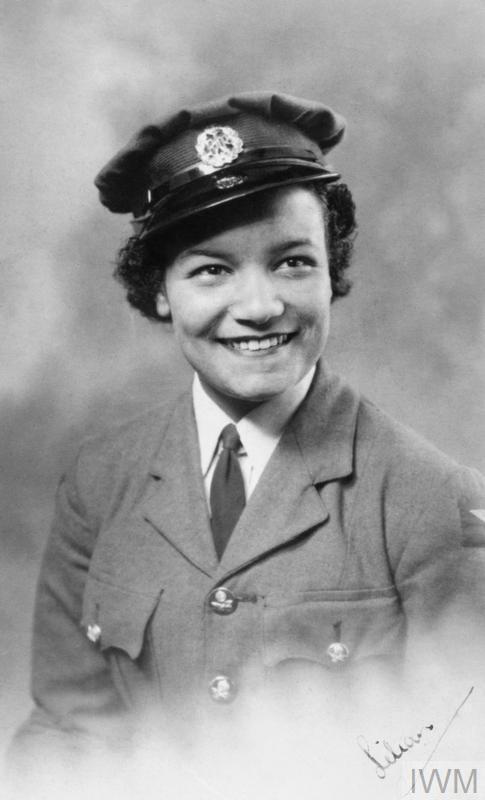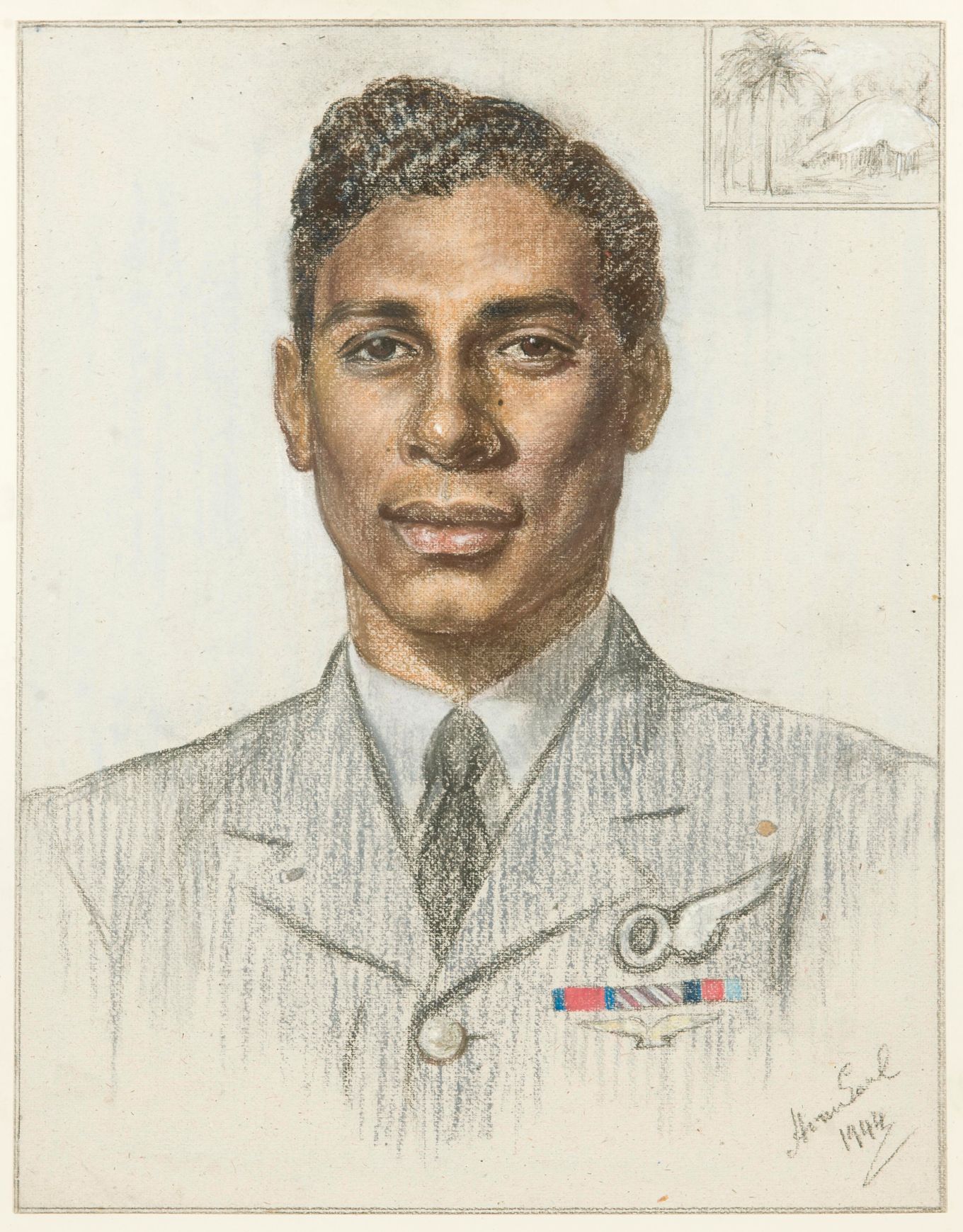Black History Month is an occasion to celebrate the history, achievements and contributions that black people have made within society.
Throughout the history of the Royal Air Force, many of our personnel have overcome adversity to achieve great things and pave the way for future generations. Here are just a few:
Lilian Bader
18 February 1918 – 13 March 2015
Years of service: 1941-1944

Lilian Bader overcame racial prejudice to become one of the first black women in the RAF, paving the way for others to follow.
Born in Liverpool to a British mother and a Barbadian father, Lilian was orphaned at the age of eight and brought up in a convent. She struggled to find work due to racism but eventually found a domestic job with a family.
When the circumstances of the Second World War cut her employment short, she joined the Navy, Army and Air Force Institutes (NAAFI) at an Army camp but was fired after seven weeks when her Caribbean heritage was discovered.
As the war continued, Lilian heard that the RAF was accepting recruits with a West Indian background, so enlisted into the Women’s Auxiliary Air Force (WAAF). She was one of the first women to become an instrument repairer, moving to Shropshire to work on Airspeed Oxford light bombers. After working her way up to Acting Corporal, Lilian turned down further promotion to leave the service and start a family.
Lilian married a fellow serviceman and once their children had grown up, she gained a degree and became a teacher.
Ulric Cross
1 May 1917 – 4 October 2013
Years of service: 1941-1947

Ulric Cross is recognised as the most decorated Caribbean airman of the Second World War.
Born in Trinidad in 1917, the story goes that 14-year-old Ulric wrote his name in his school exercise book as ‘Flt Lt Ulric Cross DFC’; a reflection of his ambitions that would ultimately be realised.
In 1941, aged 24, Cross joined the RAF as a navigator and joined 139 (Jamaica) Squadron. Being the only person of colour in the squadron, he was dubbed ‘The Black Hornet’.
As Cross became an expert in bomb aiming, he joined the elite Pathfinder Force that perfected techniques for precision bombing. He completed 80 bombing missions over Germany as a Mosquito navigator, refusing to rest after 50 sorties when he could have asked to do so. He talked about the feeling of dread when the flak was coming at him, but how the fear was outweighed by the focus of getting the job done.
In June 1944 he was awarded the Distinguished Flying Cross and in January 1945 he was awarded the Distinguished Service Order in recognition of his ‘fine example of keenness and devotion to duty’ and ‘exceptional navigational ability’.
As a Squadron Leader, Cross left the RAF after the war. He went on to study law and had a distinguished career as a lawyer, judge and diplomat in Trinidad and beyond.
Trevor Edwards
Years of service: 1985-1997

In his own words, Trevor was “a very ordinary London kid who was trained by the RAF to do very extraordinary things.”
Trevor Edwards was born in East London to West Indian parents, who migrated to the UK in the 1960s. Trevor grew up on a tough housing estate, but he attended his local Grammar school and worked hard.
In 1985, he joined the RAF as an officer in the RAF Regiment but later transferred to aircrew, starting his flying training in 1987.
The following year, Edwards was selected to train as a fast-jet pilot and achieved his wings. He went on to fly Jaguars with 54 Squadron, flying missions over the no-fly zone in Iraq and supporting NATO forces during the Bosnian conflict.
After his time on the front line, Edwards became an instructor, training future RAF fast-jet pilots on the Tucano aircraft.
In 1997, Edwards left the RAF as a Flight Lieutenant and went on to fly for British Airways.
Also Read : Black History Month - Inspirational Women




